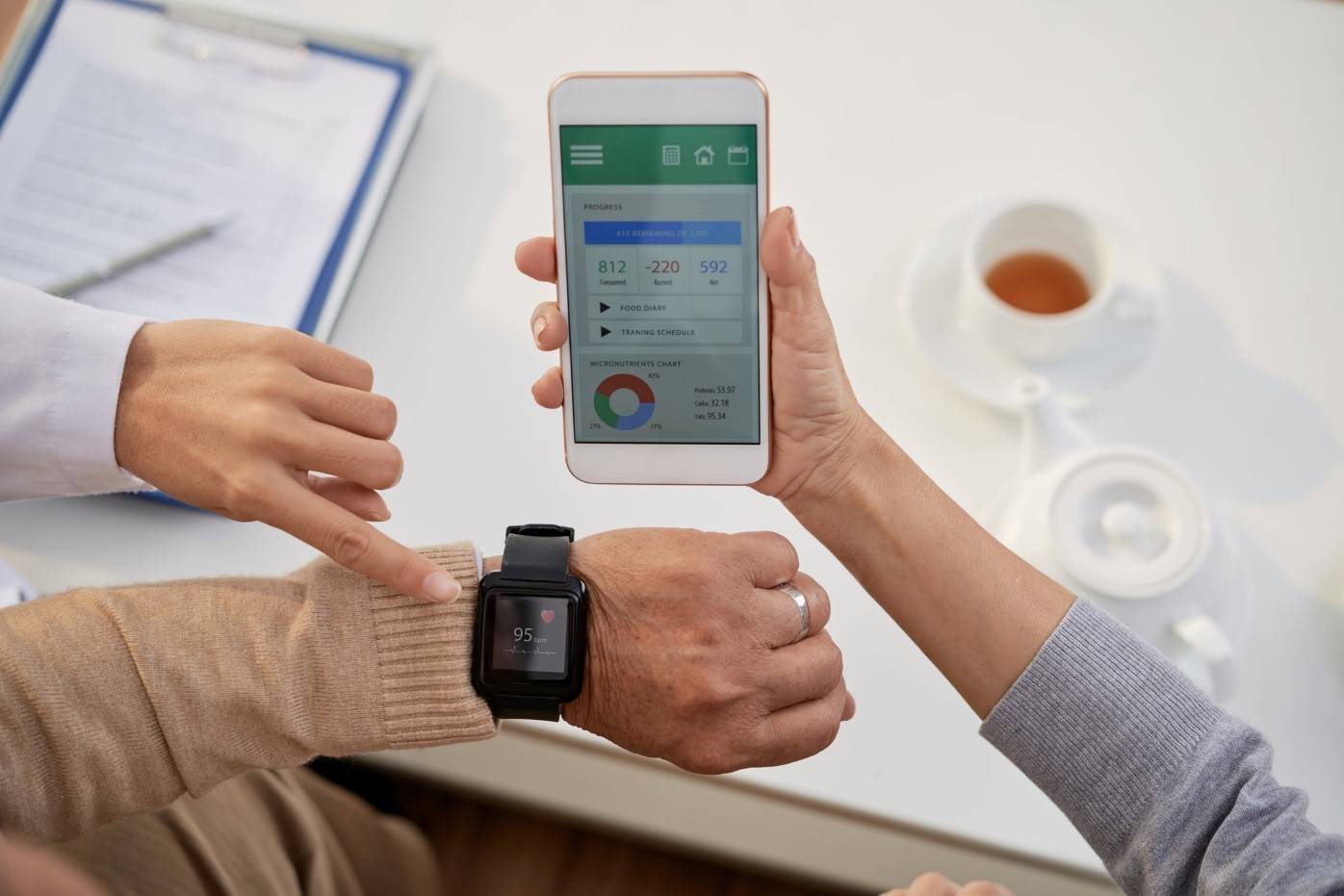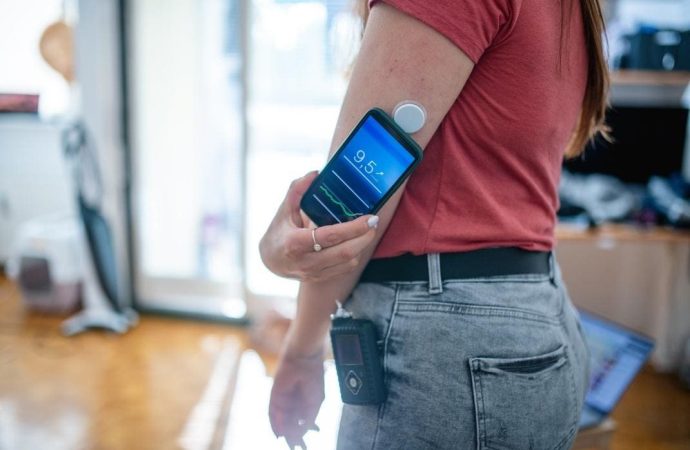In recent years, the intersection of technology and healthcare has led to unprecedented advancements, particularly in the realm of mental health. As mental health issues continue to rise globally, the demand for innovative solutions to monitor and manage these conditions has never been more critical. One promising frontier in this quest is the development of
In recent years, the intersection of technology and healthcare has led to unprecedented advancements, particularly in the realm of mental health. As mental health issues continue to rise globally, the demand for innovative solutions to monitor and manage these conditions has never been more critical. One promising frontier in this quest is the development of wearable devices specifically designed to monitor mental health. These devices not only promise to revolutionize how we understand mental health but also how we manage and treat it.
The Evolution of Wearable Devices
Wearable devices have come a long way since the introduction of the first fitness trackers. Initially designed to monitor physical activity and general health metrics such as heart rate and calorie expenditure, these devices have evolved into sophisticated tools capable of tracking a wide range of physiological and psychological parameters. The integration of advanced sensors, machine learning algorithms, and real-time data analytics has expanded their utility beyond physical health into the realm of mental health.
How Wearable Devices Monitor Mental Health
The primary function of wearable devices in mental health monitoring is to collect continuous, real-time data that can provide insights into an individual’s mental state. These devices utilize a variety of sensors to measure physiological indicators that correlate with mental health conditions. For instance:
- Heart Rate Variability (HRV): Variations in heart rate can be indicative of stress and anxiety levels. Wearable devices can track HRV to provide insights into an individual’s stress response.
- Electrodermal Activity (EDA): This measures the skin’s ability to conduct electricity, which varies with sweat gland activity. EDA is often used to assess emotional arousal and stress.
- Sleep Patterns: Quality and duration of sleep are critical indicators of mental health. Wearable devices can track sleep stages and disturbances, offering valuable data on an individual’s sleep hygiene.
- Physical Activity Levels: Regular physical activity is closely linked to mental well-being. Monitoring activity levels can help identify patterns associated with depression or anxiety.
By compiling and analyzing this data, wearable devices can offer a comprehensive picture of an individual’s mental health, enabling early detection of potential issues and facilitating timely intervention.

Picture by: Yandex.com
Benefits of Wearable Devices in Mental Health Monitoring
The integration of wearable devices into mental health care offers numerous benefits:
- Early Detection and Intervention: Continuous monitoring allows for the early detection of mental health issues, often before symptoms become apparent. This enables healthcare providers to intervene sooner, potentially mitigating the severity of the condition.
- Personalized Care: Wearable devices provide personalized data that can be used to tailor treatment plans to the individual’s specific needs. This personalization can lead to more effective treatment outcomes.
- Empowerment and Engagement: By providing individuals with real-time feedback on their mental health, wearable devices empower users to take an active role in managing their mental well-being. This engagement can lead to better adherence to treatment plans and lifestyle modifications.
- Reduction in Healthcare Costs: Early detection and personalized care can lead to a reduction in the overall cost of mental health care by preventing the escalation of conditions and reducing the need for more intensive interventions.
Challenges and Considerations
Despite their potential, the use of wearable devices in mental health monitoring is not without challenges. Privacy and data security are paramount concerns, as these devices collect sensitive personal information. Ensuring that data is securely stored and transmitted is crucial to maintaining user trust.
Additionally, the accuracy and reliability of the data collected by wearable devices must be continually validated. While these devices offer valuable insights, they should complement, not replace, traditional diagnostic methods and professional evaluations.
There is also the challenge of accessibility. While wearable devices are becoming more affordable, there is still a need to ensure that these technologies are accessible to all individuals, regardless of socioeconomic status, to prevent disparities in mental health care.
The Future of Wearable Devices in Mental Health
The future of wearable devices in mental health monitoring is promising, with ongoing research and development aimed at enhancing their capabilities. Advances in artificial intelligence and machine learning are expected to improve the accuracy and predictive power of these devices, allowing for even more precise monitoring and intervention.
Moreover, the integration of wearable devices with other health technologies, such as telemedicine and electronic health records, will create a more cohesive and comprehensive approach to mental health care. This integration will facilitate seamless communication between patients and healthcare providers, improving the overall quality of care.
As these technologies continue to evolve, they will likely play an increasingly vital role in mental health research. The vast amounts of data collected by wearable devices can provide valuable insights into the underlying mechanisms of mental health conditions, potentially leading to the development of new treatment modalities.
Conclusion
Wearable devices represent a significant advancement in the monitoring and management of mental health. By providing continuous, real-time data, these devices offer the potential for early detection, personalized care, and improved patient engagement. While challenges remain, particularly in the areas of privacy and accessibility, the future of wearable devices in mental health is bright. As technology continues to advance, these devices will likely become an integral part of the mental health landscape, offering hope and improved outcomes for individuals worldwide.
















